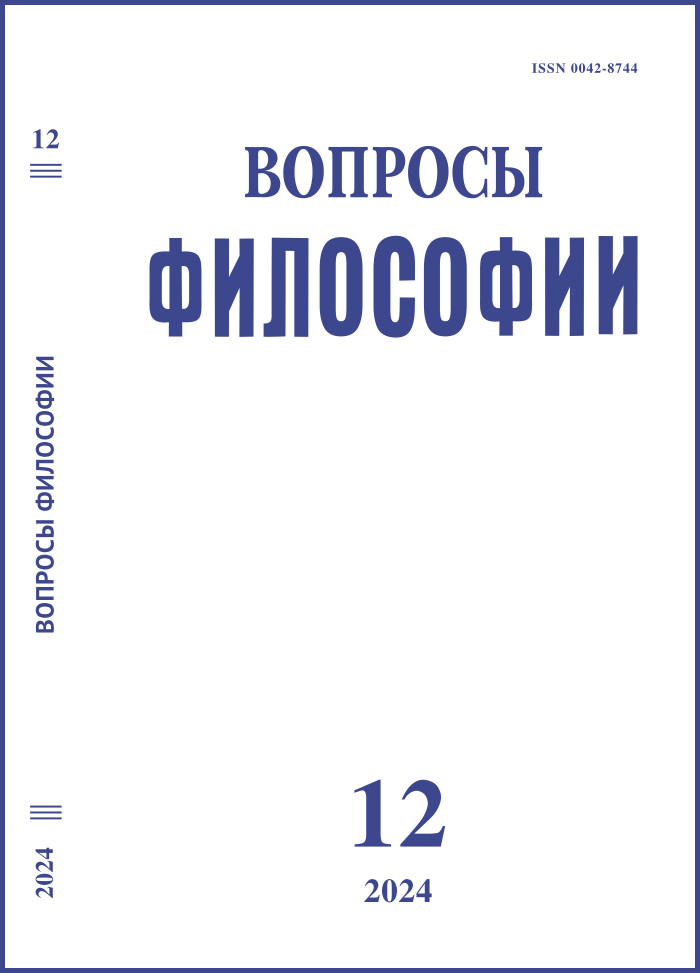“Destruction” of Tradition in Heidegger’s Works before the “Turn”
DOI:
https://doi.org/10.21146/0042-8744-2024-12-148-158Keywords:
M. Heidegger, phenomenology, ontology, destruction, tradition, being, history, method, factical lifeAbstract
The paper is devoted to the formation and development of the concept of phenomenological destruction from Heidegger’s early lecture courses to Being and Time. We analyze the introduction of the term “destruction” in the lecture courses of the 1920s (The Basic Problems of Phenomenology, Phenomenology of Contemplation and Expression, Introduction to the Phenomenology of Religion, Augustine and Neoplatonism). At this time Heidegger understands destruction in two senses. “Destruction” as “phenomenological critique” refers to a way of critically examining of particular philosophical positions by tracing their basic problematics in intellectual history. “Destruction” in the second sense is presented as an integral element of the phenomenological method, which makes it possible to strip away the self-evidence of commonly used concepts and expressions and to rediscover what is “authentic” in traditional categories. The relationship between “destruction” and the Heidegger’s interpretation of history is considered. The historicity of Dasein, which funds the modes of appropriation of tradition is seen as a precondition for “destruction”. It is shown that Heidegger’s critique is not directed at tradition, but at the ways in which tradition is appropriated by modern intellectual discourse. In Being and Time “destruction” provides authentic ways of accessing phenomena and involves an attempt to release possibilities from the past for the future

